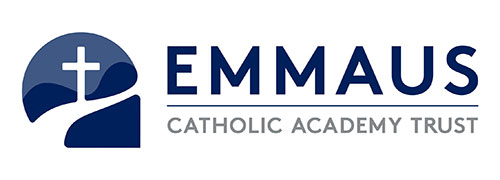Health Information for Parents

Health Update: Group A Streptococcus (GAS) and Scarlet Fever
As of September 2025, Group A Streptococcus (GAS) infections, including scarlet fever, are circulating within normal seasonal patterns in England. The UK Health Security Agency (UKHSA) reports that while the incidence of invasive group A streptococcal (iGAS) infections remains within expected levels, there has been a slight increase in GP consultations for scarlet fever in early 2025.
Scarlet fever is a contagious bacterial infection that primarily affects children. It presents with symptoms such as a sore throat, fever, and a characteristic red rash. While most cases are mild and can be treated effectively with antibiotics, early diagnosis and treatment are crucial to prevent complications.
Key Points for Parents:
-
Symptoms to Watch For: If your child develops a sore throat, fever, or a red rash, consult your GP promptly.
-
Treatment: Scarlet fever is treated with a course of antibiotics. It's essential to complete the full course as prescribed, even if your child feels better before finishing the medication.
-
Contagion: Children with scarlet fever should stay home from school until at least 24 hours after starting antibiotic treatment to prevent spreading the infection.
-
Prevention: Encourage frequent handwashing and good hygiene practices to reduce the risk of transmission.
Further Guidance:
If you have specific concerns or questions, please contact the school office.

